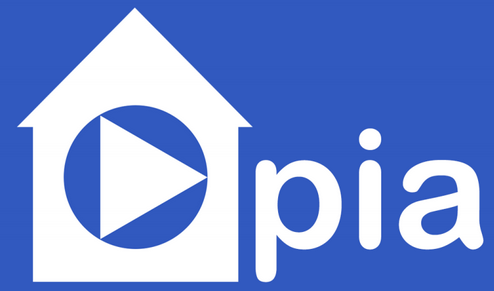PIA
Older persons wish to live independently in their homes and to perform daily activities without relying on or asking for external help. For some, provision of support to Instrumental Activities of Daily Living (IADL) may become a necessity to enable them to adequately cope with daily living.
The PIA system will provide primary end-users with effective IADL support by offering video clips of desired topics of daily living activities on a touch screen-based tablet PC. Sensors are placed in different locations in the primary end-user’s home, in order to help the PIA system choose and present location relevant video clips.
The video clips can be produced by formal or informal carers, or even be provided by producers of appliances. The PIA system offers video clip templates and practical guidelines to the secondary end-users to facilitate production of the video clips and to integrate basic interactivity in these.
Communication and exchange of ideas, knowledge, experiences, videos etc. between carers is supported by the PIA social network, which is built upon a common user profile system that authenticates users across all client applications across the PIA network.

